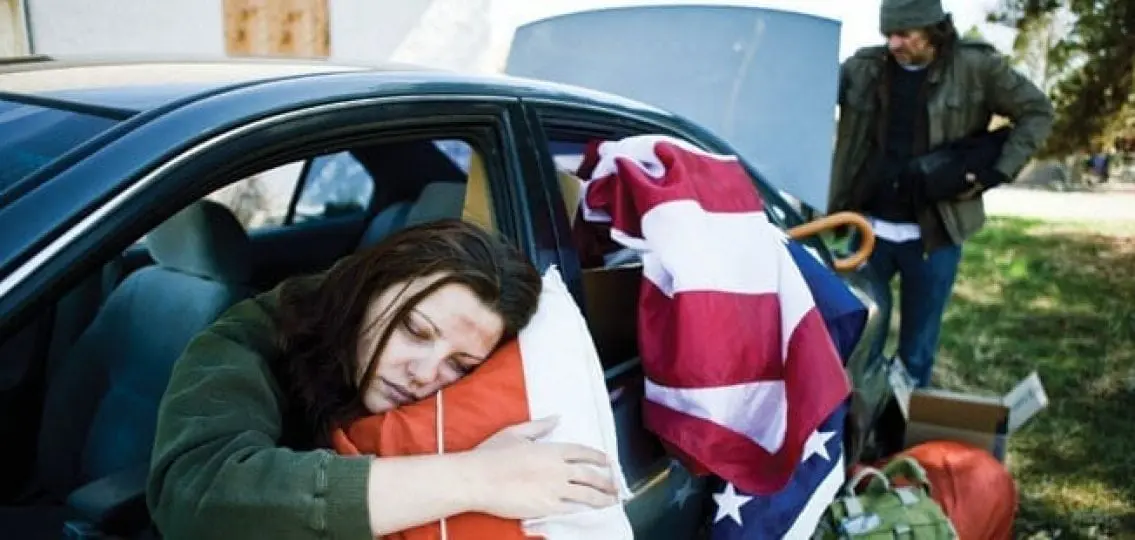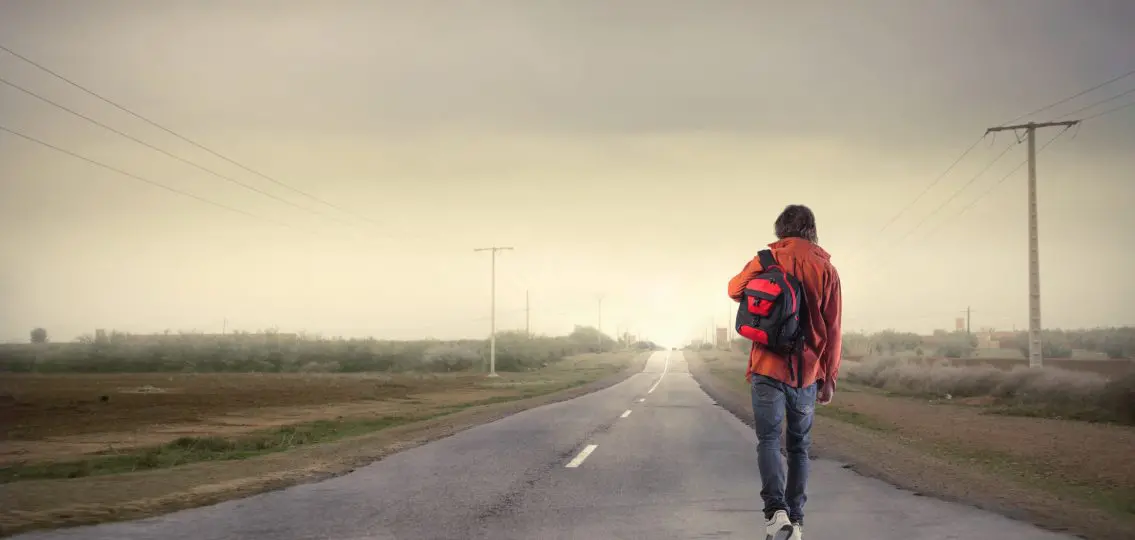When my daughter was eight years old, she wrapped her arms around me and whispered, “I think I’m going to have a good future.”

Six years later, at 14, everything changed. I began dating someone seriously, and my daughter felt neglected. “Spend time with me,” she begged.
“Come with me,” I begged back. “I want both of you in my life.”
I thought she would adjust. Instead, my daughter ran away.
I never dreamed my daughter would join the ranks of the nearly one million teenagers who run away each year in America. Yet, her rebellious behavior was the catalyst that changed me as a mother and deepened me as a person.
She was gone one week. Thankfully, her older brother found her and brought her home. But home she did not stay. She thought my rules were too restrictive and looking back, they probably were. Intent on having freedom, she would remove the screen from her bedroom window and climb out or leave by the front door.
I would not see her or hear from her for days. I’d notify the police and wait, or I would call her friends, drive to their homes, walk in unannounced, get her and bring her home. I took no time for pleasantries.
I was in rescue mode, survival mode, dear-God-help-me mode.
I talked to her school counselor, who informed me she hung out with the most “dangerous characters” in our small community. It was no respite when she was home; her language in front of her seven-year-old brother adversely affected him emotionally.
This cycle went on for months, but it seemed like years. Then, I heard about wilderness therapy programs from our family counselor, a counselor who witnessed my daughter walk out of most of our sessions. As a teacher, I liked that the programs offered an educational component. As an avid hiker, I liked that students lived in a remote outdoor setting, requiring them to live naturally and hike great distances. I liked that they offered therapy and a week when I could go to stay with her.
I also liked that she would be gone, though I’m ashamed to say it. She was gone 46 days. When she arrived home, there was little change in our relationship. She kept busy skipping classes, and I kept busy trying to keep her in school. Most of the time, I didn’t know where she was.
After five months, I gave her a choice: attend family counseling with me or go live with her father. She chose the latter and rarely spoke to me over that next year.
But if we fast-forward two years to today, I can see what we gained from the wilderness therapy program. First, she survived. But next, it took her out of the community in which she was drowning. Grief was our teacher, and we both put one foot in front of the other – she in the desert and me at home. We fought the good fight the best we knew how.
Now when talking about that time, she says, “I’m sorry. I was selfish. I know you need someone in your life,” and I respond with, “I am so sorry. We are not perfect, but I choose this family. I choose you.”
Today, she lives with her father. I see her nearly every weekend. She is looking for a job and signing up for college classes. Her school counselor tells me she is one of the most articulate, intelligent students he’s met in his nearly 20 years as a counselor.

She says she loves me every time we speak. She calls me Momma again. She’s into photography and gardening and dogs. She has taught me everything I know about love. And you know? I think she is going to have a good future, after all.




